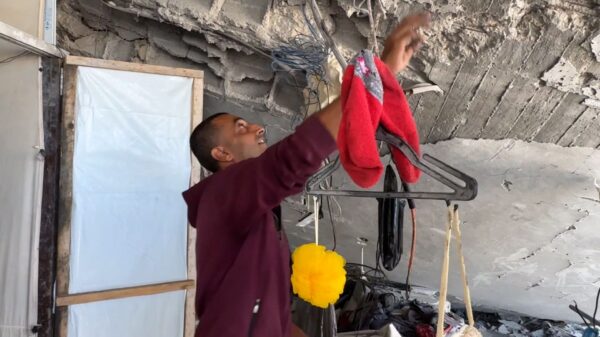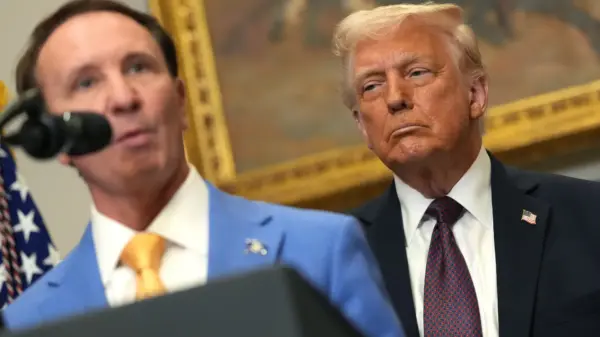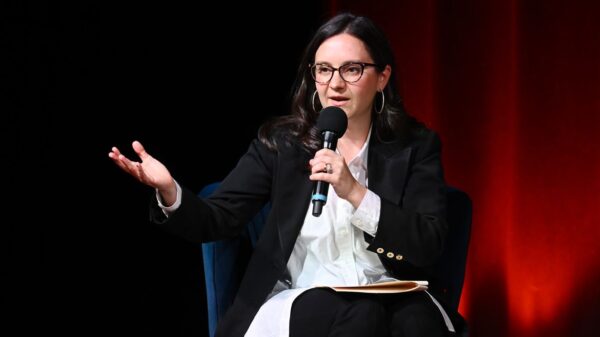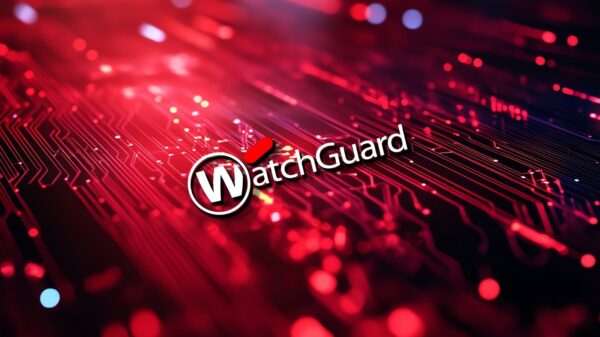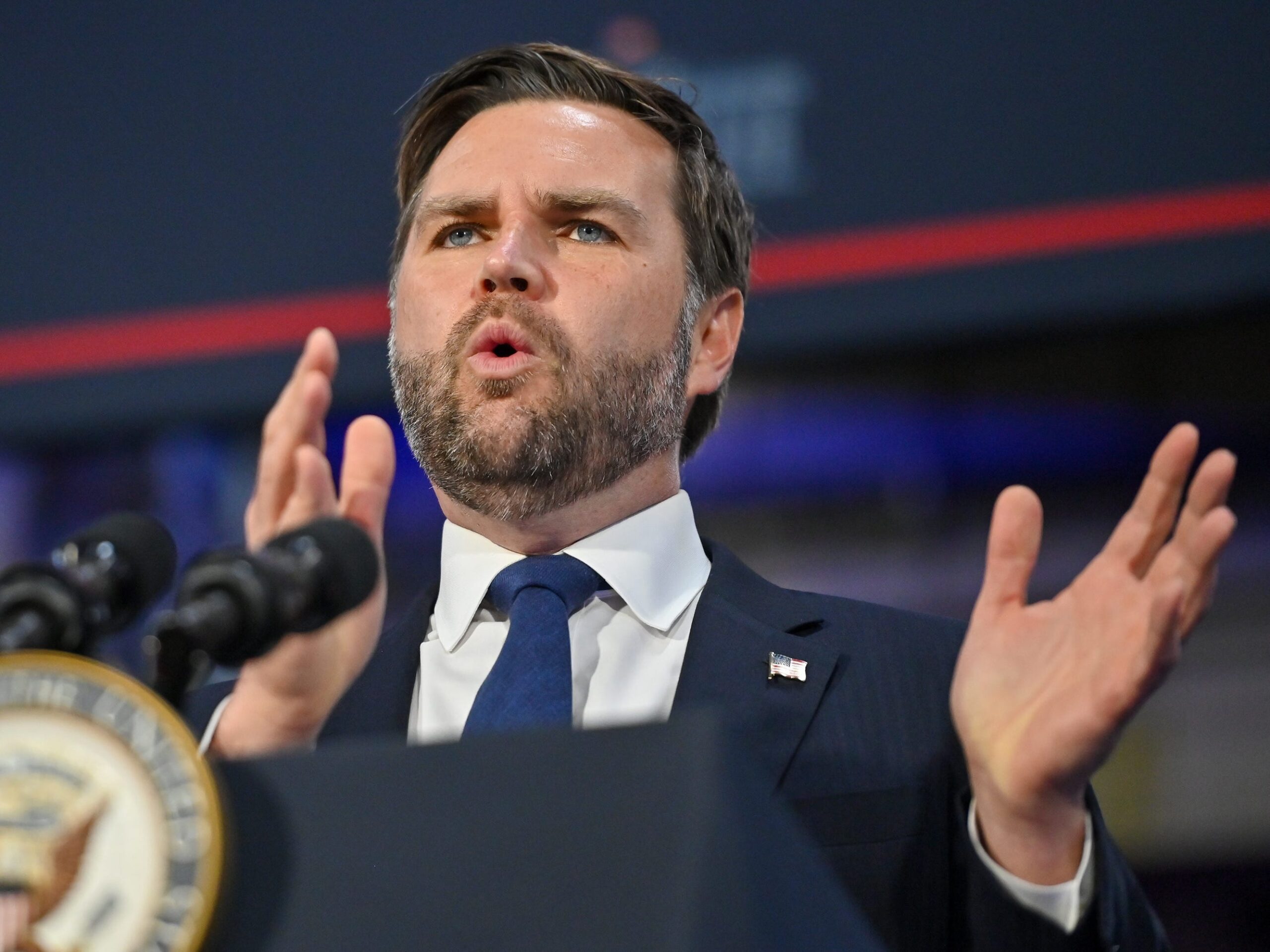UPDATE: Vice President JD Vance has expressed strong optimism regarding the potential of artificial intelligence (AI) to transform the American job market. Speaking at the Winning the AI Race Summit in Washington, DC on Wednesday, Vance emphasized that the current labor productivity figures do not accurately reflect the forthcoming influence of AI on employment.
During a discussion with podcaster and tech investor Jason Calacanis, Vance noted that fears surrounding AI job displacement may be overstated. “If the robots were coming to take all of our jobs, you would see labor productivity skyrocketing in this country,” he stated. However, current data shows labor productivity is flatlining, suggesting the U.S. is underutilizing technology rather than facing an imminent job crisis.
The summit, which also featured President Donald Trump, drew attention to the competitive landscape of AI development amid rising geopolitical tensions, particularly following the unexpected release of China’s DeepSeek AI model in January 2023. The conversation around AI’s integration into the workforce is crucial, as many tech leaders are debating its implications for American jobs.
Vance highlighted a critical issue: while tech companies claim a shortage of skilled workers, they often rely heavily on international talent through visa programs. “If you’re not hiring American workers from out of college for these jobs, then how can you say that you have a massive shortage?” he questioned, pointing to the declining employment rate for STEM graduates in the United States.
At the conference, panelists, including Vance, discussed strategies for the U.S. to maintain its edge in the AI race. Among them, Chris Power, CEO of factory automation startup Hadrian, announced plans for a new production facility in Arizona, set to create over 350 jobs by late 2025, reinforcing the potential for AI to yield positive employment outcomes as well.
Vance’s remarks come at a pivotal moment, as the conversation around AI’s role in the economy becomes increasingly urgent in both Silicon Valley and on Capitol Hill. With the rapid pace of technological advancement, the implications for American workers, businesses, and the future of the job market are profound and immediate.
As discussions continue, the focus will remain on how the U.S. can harness AI to create jobs rather than displace them. The urgency to adapt and respond to these developments has never been more critical.
Stay tuned for more updates on this evolving story.









